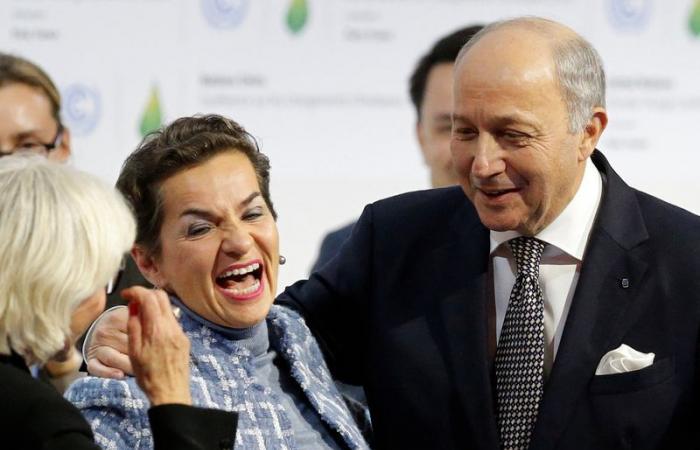Some of the world’s largest businesses, financial firms, cities and regions have joined forces to urge governments to raise their climate ambitions ahead of a February 2025 deadline for submitting their climate change proposals to the United Nations. emissions reduction plans.
The group joined a coalition called “Mission 2025”. This coalition is organized by Groundswell, a collaboration between the nonprofits Global Optimism, Systems Change Lab and the Bezos Earth Fund.
Companies supporting the coalition include consumer goods company Unilever, the world’s largest furniture retailer IKEA and British sustainable energy company Octopus EV. Others are represented by groups such as the We Mean Business Coalition.
While some fossil fuel companies have been criticized by environmental advocates, other companies are frustrated by what they see as short-sighted governments, reluctant to regulate to make necessary changes while It is increasingly clear that climate change is becoming more and more extreme.
Mission 2025 aims to reassure political leaders that they have powerful support for bold action.
It is led by Christiana Figueres of Global Optimism, who oversaw the 2015 Paris Agreement that produced the first truly global agreement under which countries would reduce climate-damaging emissions.
Ten years after the Paris Agreement, the nearly 200 countries that approved it have a deadline to submit updated nationally determined contributions (NDCs) that outline a country’s policies toward reaching the goal global emissions reduction.
More than two-thirds of the annual revenues of the world’s largest companies, or $31 trillion, are now aligned with the net-zero emissions target, the coalition said in a statement, citing data from Energy & Climate Intelligence Unit, an independent climate think tank.
Separately, a UN survey this month of public views on climate change in 77 countries showed that 80% of respondents want their governments to take stronger action, although some they, concerned about their re-election and their economic situation, went back on their previous commitments.
Ms Figueres told Reuters that a “lack of leadership” and political noise were to blame for insufficient policies to promote cleaner technologies which have proven to be cheaper, better performing, quicker to build and more sure than their current competitors.
“The political economy is very clear: the future is decarbonization,” she said.
Governments must be more clear about the direction of public policies to give confidence to businesses and other actors in the real economy to invest more in the transition to a low-carbon economy. by 2035.
“We think governments are still very timid about what they are going to include in their NDCs,” she said, citing opposition from businesses and others linked to the fossil fuel economy, who, according to her, smell of despair.
Simon Stiell, UN executive secretary for climate change, told delegates at the climate conference in Bonn this month that NDCs must cover “all sectors and all greenhouse gases”. Greenhouse”.
To help governments go further, the Mission 2025 coalition will provide the data needed to justify policy changes, with a focus on the 20 largest economies, responsible for the bulk of emissions, Figueres said.
“It is on them that we will focus more. Not only because they have the capacity to change more, but also because they have the means to do so. (Editor: Barbara Lewis)






